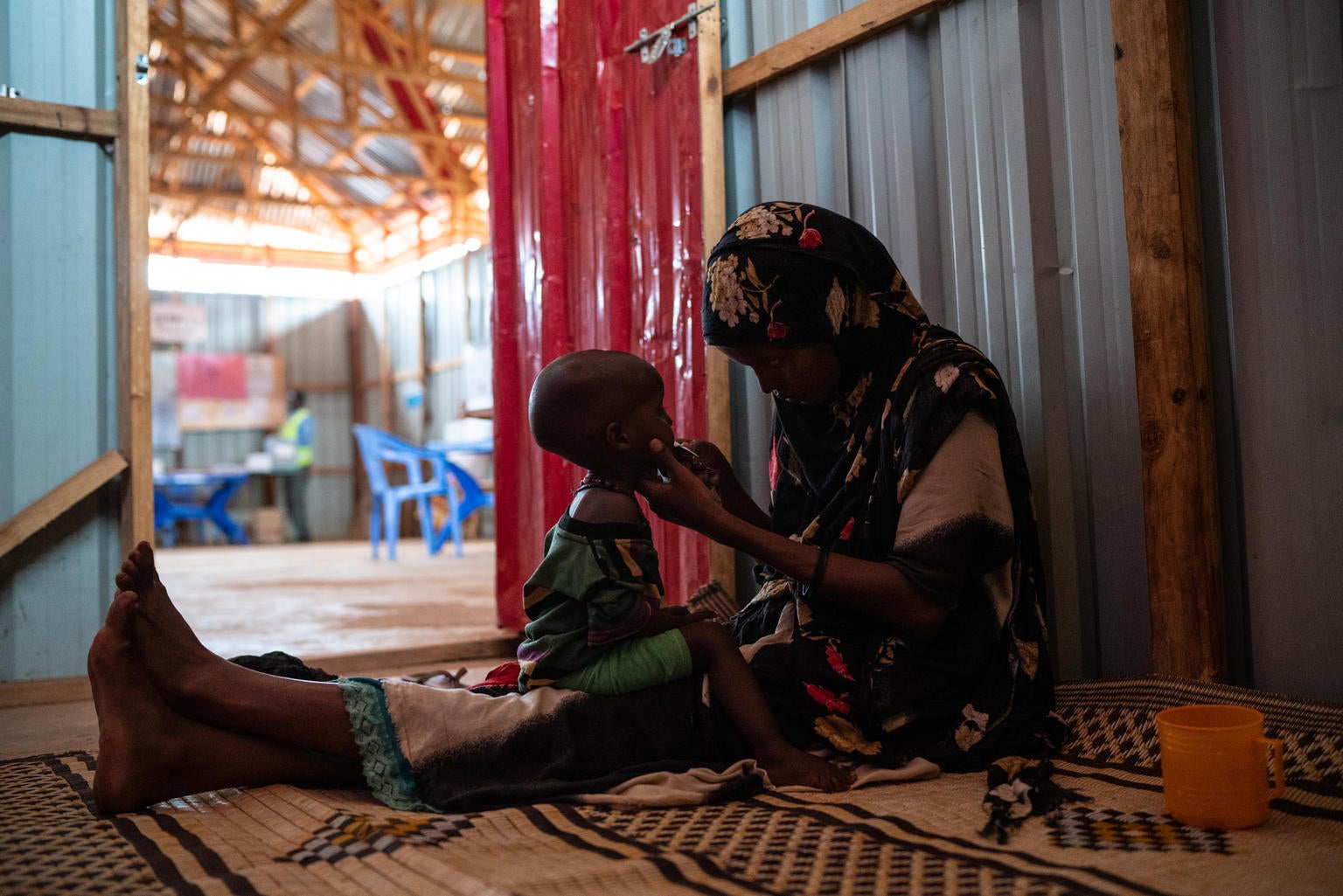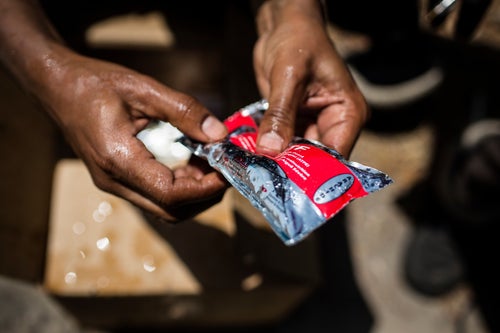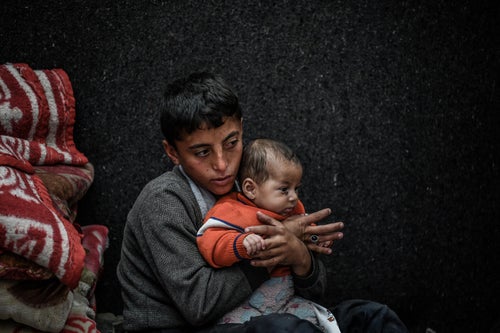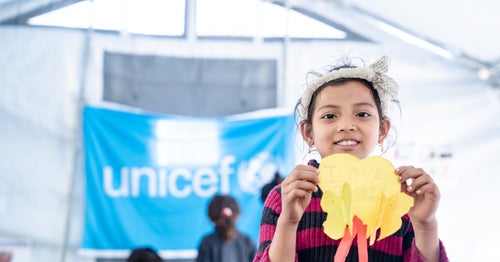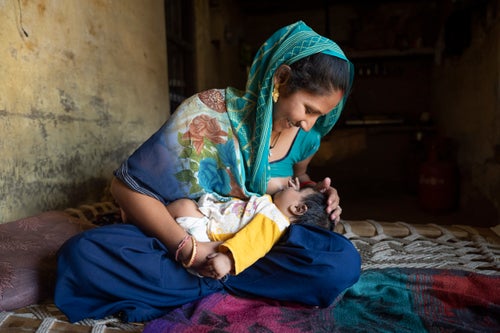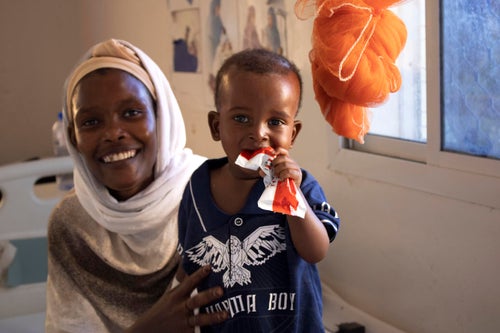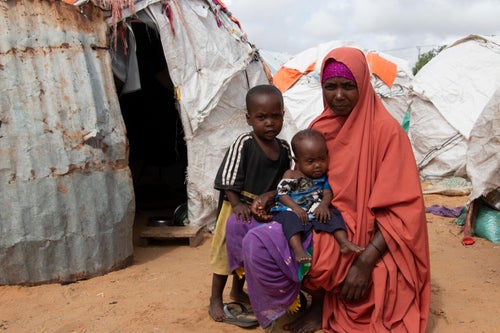On the other side of the globe, there is a child who eats a loaf of bread with a cup of boiled water for dinner; there is an eight-month-old girl whose hair faded from brown to red because she became so malnourished; and there is a little boy eating a special “peanut butter” that is saving his life.
But you wouldn’t know about it – because it has barely reached the news headlines.
As you read this, four grave crises are forcing millions of people into food insecurity. Families have been pushed to the brink. They have faced conflict, drought and unrest and now they are faced with the severity of malnutrition.
Four countries – Yemen, Somalia, Afghanistan and Liberia – are facing a hunger crisis with millions of children at risk of severe malnutrition.
Here is what you need to know:
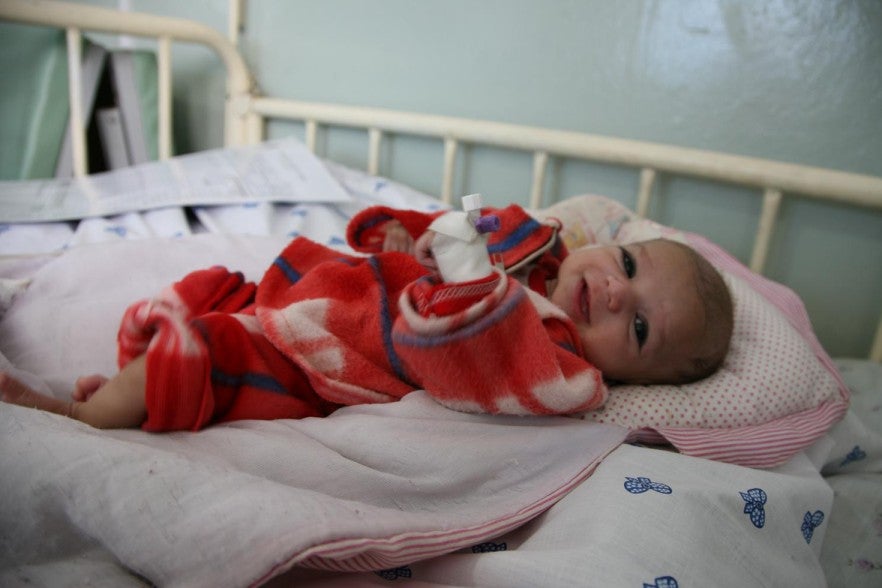
Not just drought in Afghanistan
A decade-long drought in Afghanistan has left the country utterly devastated. More than 13 million people are food insecure – surviving on less than one meal a day.
Wahida is constantly worried about her three children. Her youngest, Helal, is suffering from severe malnutrition and has been vomiting and crying continuously for three days.
Lack of a healthy diet at an early age has serious effects on the physical and mental development of children.
"We eat a loaf of bread with a cup of boiled water at dinner"
“Sometimes my children sleep without having dinner. We barely make it from one day to the next.”
In Afghanistan, roughly 1.4 million children under the age of five require treatment for acute malnutrition each year. UNICEF is supporting these children by providing supplements such as therapeutic milk and emergency food in the 17 health centres across the Parwan province.
Children in Afghanistan
UNICEF will remain on the ground in Afghanistan supporting vulnerable children and their families. We can't do this without you.
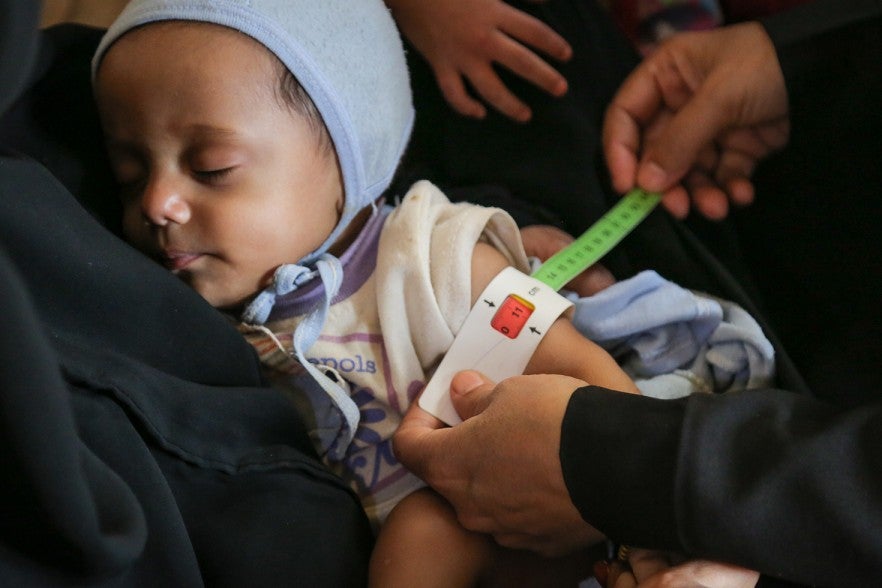
Not just conflict in Yemen
Relentless conflict has plunged what was already the Middle East’s poorest country into an unprecedented malnutrition crisis.
Escalation in violence and the destruction of ports have threatened the delivery of much-needed food and medicines throughout the country and led to nearly 360,000 children under five suffering from severe acute malnutrition.
A child dies every 10 minutes in Yemen, due to malnutrition and other preventable causes.
Seven-month-old Salim is bearing the brunt of the country’s devastation. He became malnourished after his family fled from brutal conflict in the country’s capital, Sana’a.
His father, Mohammed, doesn’t earn much and struggles to provide enough food for his family.
"During our daily meals we eat some bread with beans which is all we have and what my husband can provide"
“My husband works in the market and makes little money every day to keep us alive.”
Salim is one of the 346,000 children UNICEF was able to treat for severe acute malnutrition (SAM). This year, UNICEF aims to treat another 360,000 children suffering from severe malnutrition in Yemen alone.
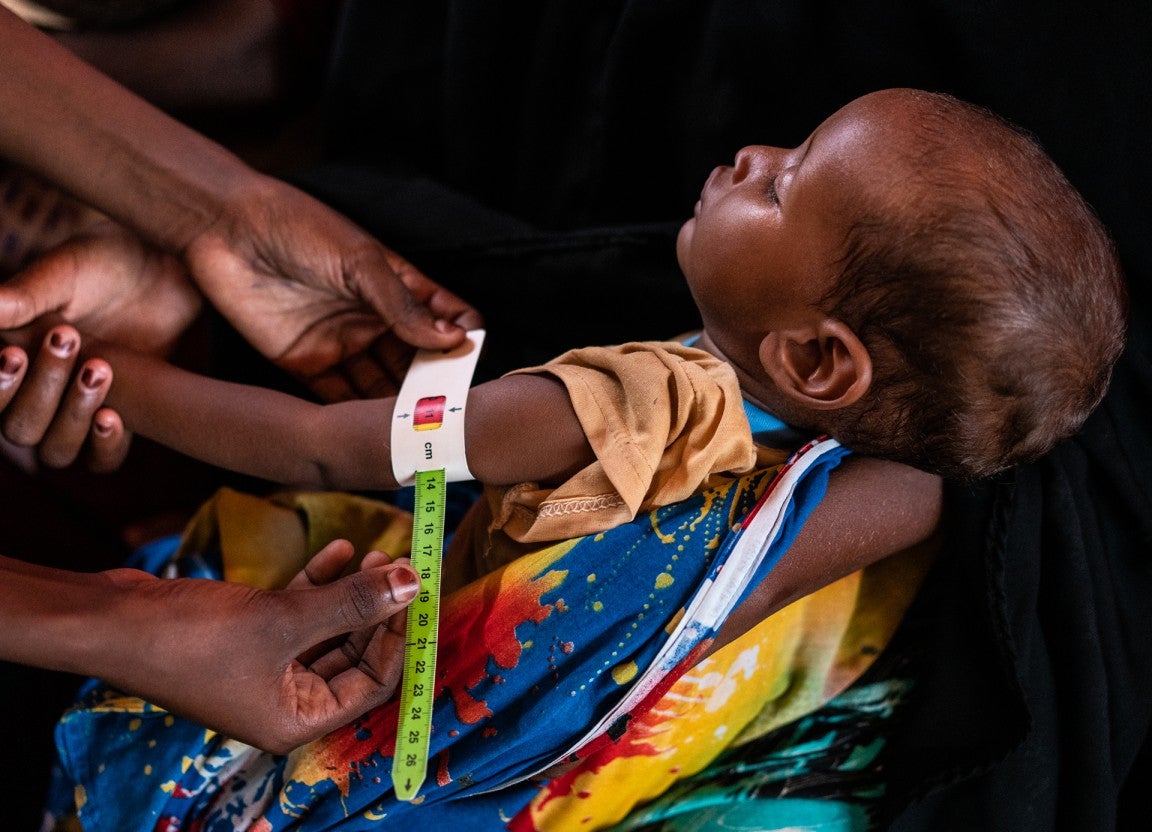
Not just civil war in Somalia
Zakariya, two, is among the 200,000 children who received treatment for SAM from UNICEF and partners in Somalia last year.
He had a high fever that lasted days and was losing weight rapidly. His family live in a camp for displaced persons on the outskirts of Mogadishu, struggling to make ends meet.
Climate change, civil war and sporadic unrest since the 1980s has devastated the agricultural sector and health infrastructure in Somalia.
"I lost hope when I saw his condition deteriorating,” Zakariya’s mother, Fatuma, says.
“I thought he would never get better.”
When Fatuma heard about the clinic supported by UNICEF in her camp – a clinic that offers free health and nutrition treatment for children and women – she immediately took Zakariya there.
He was immediately admitted into a feeding program for children suffering from severe malnutrition. After three-months in the program which included feeding him Plumpy’Nut®, a peanut paste enriched with nutrients, Zakariya made a full recovery.
"I never thought he would be able to recover from such a bad state"
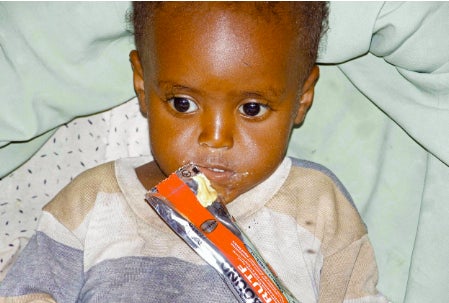
Not just unrest in Liberia
One third of children in Liberia are acutely malnourished and half a million children under five are anaemic.
But malnutrition can be reversed with the right intervention. Little Favour had a high temperature and swelling when his mother, Edith, took him to the hospital.
“When we got there, they said he was malnourished. I was so confused, I couldn't stand up, I couldn't think,” says Edith.
Despite the initial shock, Edith is very happy with the treatment her son, Favour, is receiving.
Every day he is measured, weighed, monitored and fed emergency food filled with much-needed vitamins.
"They have been taking care of him. They pay attention to him, so I'm happy"
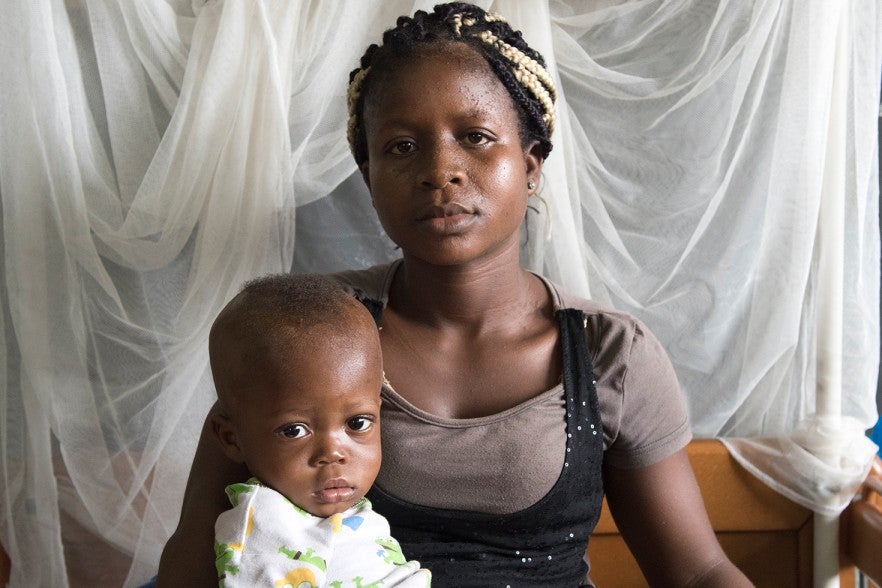
Our teams are working incredibly hard but without the support of the global community they may not be able to reach every child who needs our help. For too many children, time is simply running out.
There is hope for children in Yemen, Somalia, Liberia and Afghanistan. There’s something powerful you can do: donate to help UNICEF teams deliver life-saving treatment for malnutrition.
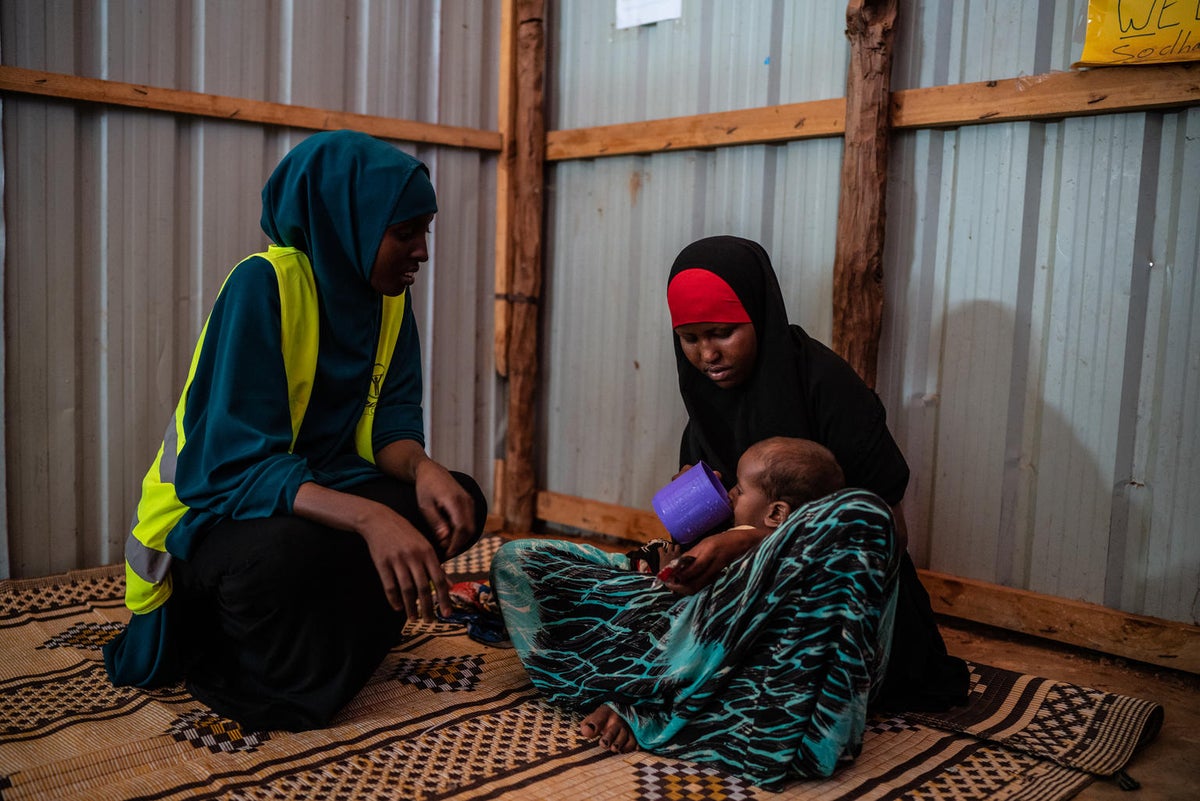
UNICEF teams work tirelessly but they depend on your support to keep going. Be there for a child facing deadly hunger. Make a donation to UNICEF today to stop malnutrition in its tracks.
Malnutrition Crisis
Help us send a fearless delivery of life-saving supplies to children who need it most.
Related articles
Stay up-to-date on UNICEF's work in Australia and around the world



